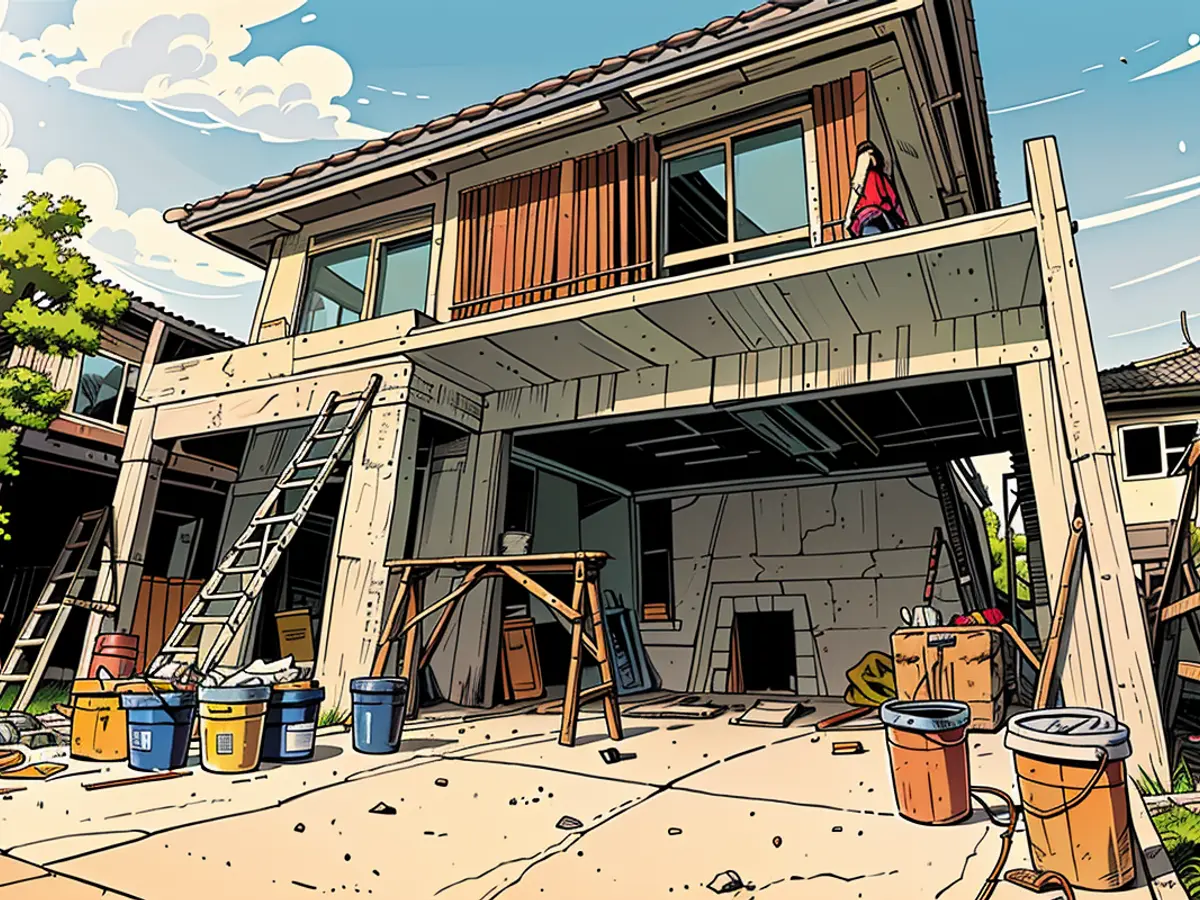Securing permanent residency, or 'Niederlassungserlaubnis,' in Germany comes with its fair share of complexities. Unlike temporary resident permits like the EU Blue Card, this type of long-term residence permit is permanent, free from renewal. The sole requirement is to periodically replace the permanent residency identity card.
The greatest benefit of permanent residency is its lack of expiration date. The freedom from regular renewals saves both time and money, offering peace of mind and security for one's future in Germany. Moreover, permanent residency offers flexibility, granting individuals the freedom to work independently and find job opportunities without restrictions.
To qualify for permanent residency, individuals must fulfill several conditions. You must show a continuous legal residence in Germany for a specific period. This period usually spans five years but varies depending on the circumstances, such as for skilled immigrants who only need four years of residence or EU Blue Card holders with the right language skills who can apply after two years and nine months.
One must also ensure a clean criminal record to apply for a residence permit. Serious offenses disqualify applicants, but minor offenses remain an exception.
Upon obtaining permanent residency, individuals gain the opportunity to explore the ever-evolving German real estate market. The housing market faces significant challenges, such as a housing shortage and affordability issues, leading to increased rental prices, particularly in popular city locations.
Although residential property prices have shown some recovery, they remain fragile. For instance, apartment prices stagnated in the fourth quarter of 2024, while single-family homes and multi-family houses saw slight increases.
The vdp Property Price Index indicates that prices for commercial residential real estate declined by around 8% between mid-2022 and the third quarter of 2024. Despite these trends, market activity has increased, with a reported 26% rise in apartment transactions, among others.
The German housing market regulatory environment is seen as restrictive, hindering needed growth. Industry experts call for streamlined planning and approval processes, reduced bureaucracy, and the use of digital tools to expedite construction timelines.
Political parties, recognizing the housing crisis, are advocating for various reforms, including deregulation, tax relief, and funding programs. The SPD and Greens propose extending the "rent brake" and introducing caps on index-linked rents, while the FDP and AfD generally oppose rent control measures.
Financial conditions are also improving, which may boost the housing sector, with investments in residential construction projected to rebound by mid-2025 under favorable trends.
Securing permanent residency in Germany opens up exciting opportunities, not just in the real estate market but also in the labor force. Individuals with permanent residency can expand their professional horizons without limitations, ensuring a prosperous future in Germany.







